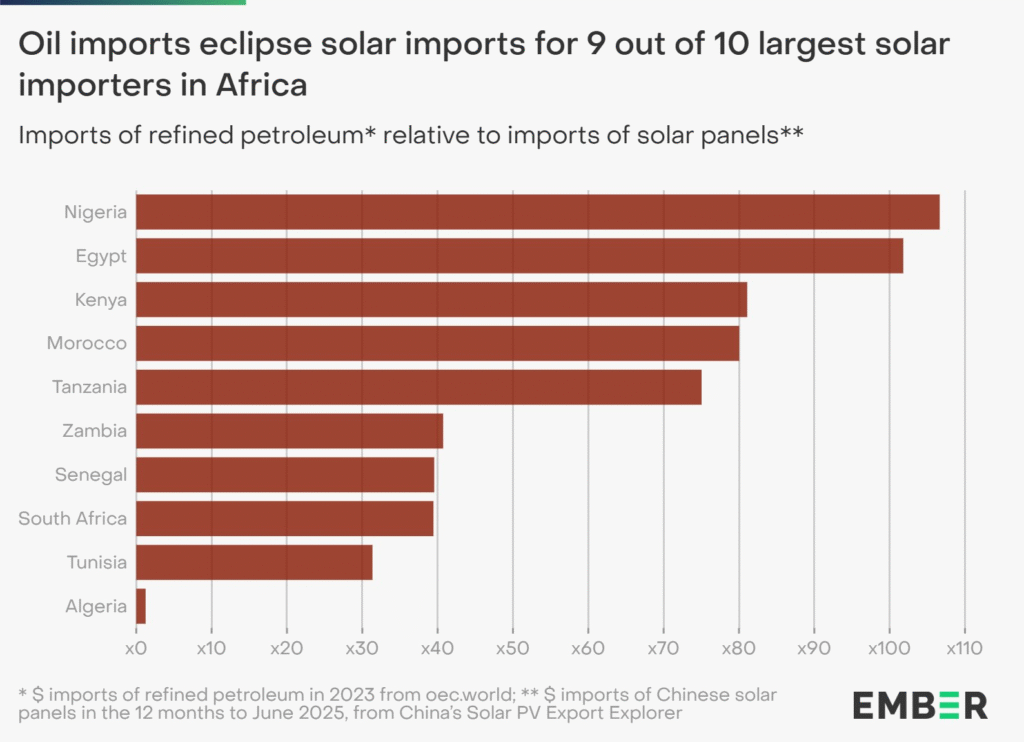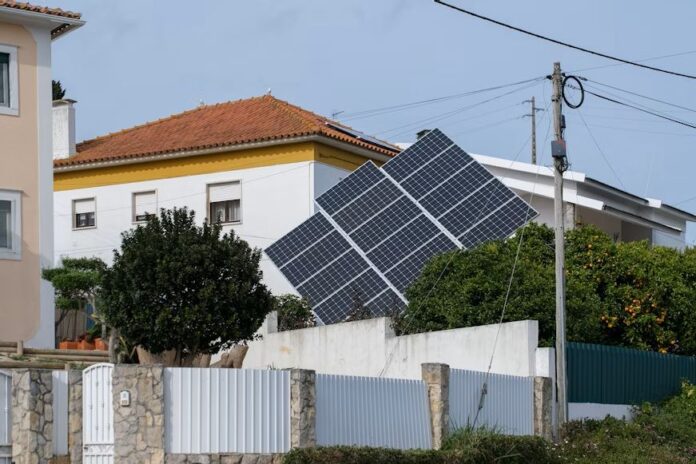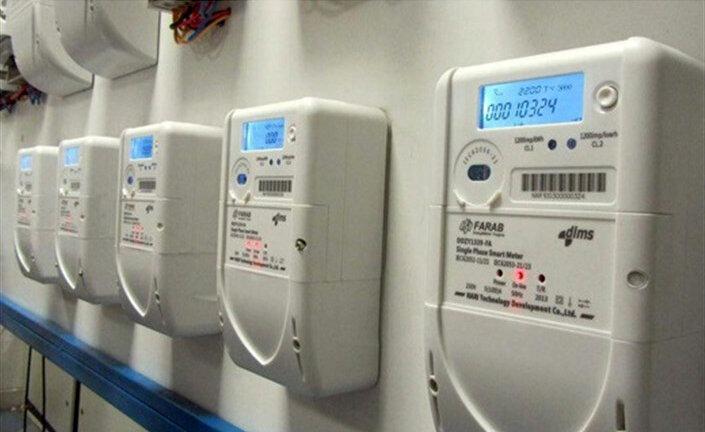A new study has revealed that more households and businesses in Nigeria are abandoning grid electricity for solar energy.
The research was presented at a conference by the Nigerian Institute of Social and Economic Research (NISER), under the theme “Balancing electricity tariffs and consumers’ wallets: Insights from Nigerian households and firms’ ability to pay.”
The study showed that many Nigerians are finding it hard to cope after the Nigerian Electricity Regulatory Commission (NERC) increased tariffs for Band A customers in April 2024.
Band A households are expected to enjoy at least 20 hours of daily electricity. But the report found they currently get only about 10 hours per day. Their average monthly electricity bill also jumped from ₦17,647.49 to ₦34,942.04.
Tariff Burden and Coping Mechanisms
Presenting the report, Dr. Iyabo Olanrele explained the toll on businesses. “The study discovered that firms spend 82% of monthly turnover on production costs, mainly due to the electricity tariff.”
She added that “although 87.5% reported moderate electricity supply improvement, it is still below the 20-hour requirement.”
Households, on the other hand, are cutting costs by switching to solar panels, inverters, and energy-efficient appliances. “While households adopt switching to solar, inverters, and energy-efficient appliances, which not all can afford, many firms take to renewable energy use, energy-saving measures, and efficient technologies, with some firms remaining undecided,” she explained.

The study revealed that electricity expenditure rose by 92.2%. “Grid electricity expenditure rose by 92.2% due to the tariff hike, which 67.5% of firms found unaffordable,” Olanrele said. She noted that while older firms showed resilience, large-scale and high-input-cost firms struggled most.
A Call for Energy Security
NISER’s Director-General, Prof. Antonia Simbine, linked the findings to government policy. “The theme of the seminar fully aligned with the Renewed Hope Agenda of the Federal Government, which places energy security, affordability, and sustainability at the heart of Nigeria’s economic transformation.”
She added: “This conversation is not just about electricity tariffs. It is about livelihoods, industrial competitiveness, and the pathway to national development. The Renewed Hope Agenda challenges us to design policies that make electricity not only reliable but also accessible and affordable, enabling households to thrive and businesses to compete globally.”
As more Nigerians turn to solar and renewable options, we ask if the people have not undertaken a quiet revolution in energy consumption, leaving the state’s crisis-ridden energy supply behind? What are your views?
Rate, Like 👍, Comment💬, share this article, and join us on our social media handles. You can also Submit your own story to get featured and earn rewards!








